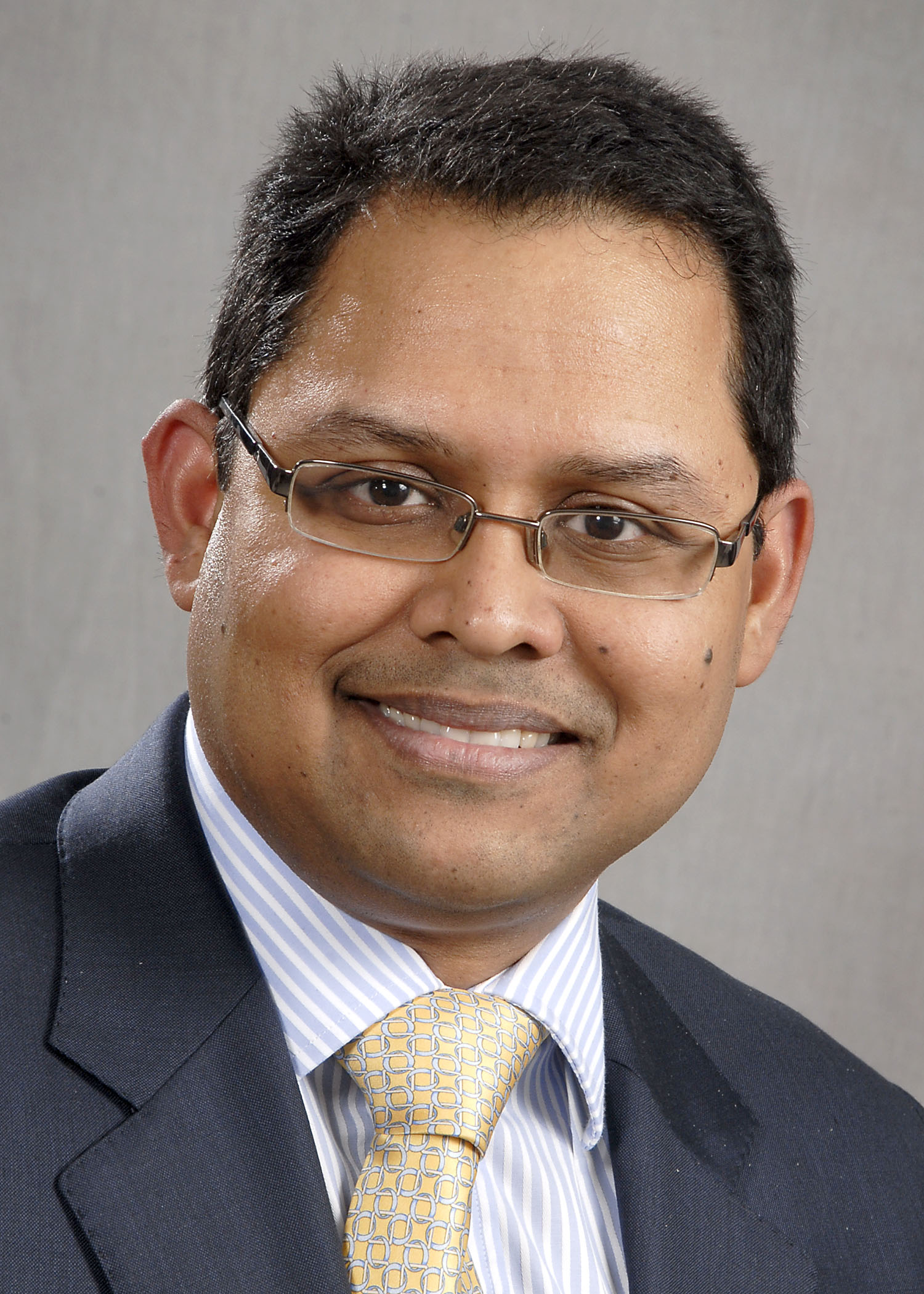Southampton's 'twin surgeon' model revolutionises children's kidney stone treatment
The innovative ‘twin surgeon’ model used at University Hospital Southampton NHS Foundation Trust has led to complete removal of stones in 99% of cases.
It sees adult consultant urological surgeon Bhaskar Somani, who is skilled in the use of an advanced minimally-invasive procedure ureteroscopy, work alongside paediatric urological surgeon Stephen Griffin.
Conventionally, kidney stones in children are removed via open or keyhole surgery or shockwave lithotripsy which uses ultrasound waves to break stones into smaller pieces, but around half suffer a recurrence of stone disease after treatment.
Ureteroscopy involves inserting a thin tube (right) used for viewing into the kidney via the bladder to visualise the stones before removing them using a small forceps-like tool or a laser beam to break them up.
In a study published in the World Journal of Urology, 81 patients aged between 18 months and 16 years from across the south of England received ureteroscopy under the twin surgeon model at Southampton Children’s Hospital.
Results showed the stone-free rate in patients after treatment was 99%, with an average length of stay of one day, a readmission rate of less than 1% and minor complications seen early in three patients.
“The incidence of kidney stones in children is rising and, for those individuals affected by stone disease, recurrence can occur in up to 50% of cases, so the need to establish and develop effective and safe surgical treatments is paramount,” said Mr Somani, who is based at Southampton General Hospital.
“With conventional treatments such as open or keyhole surgery, there are the associated risks and increased length of hospital stay, while shockwave lithotripsy can require multiple sessions.
“We have developed a unique approach which enables us to combine the expertise of adult and paediatric specialists and demonstrated is can achieve excellent results with no complications during surgery and a very small risk post-procedure.”
Mr Somani (pictured) said while pre-operative management and counselling and follow-up was still carried out by Mr Griffin, children were always discussed in the fortnightly stone specialist team meeting and the procedures performed jointly.
He added: “Our study provides very clear evidence that teaming a paediatric urologist who is more experienced in looking after young patients with an adult urologist who performs ureteroscopy routinely improves outcomes.
“While it is important to maintain pre and post-care through paediatric specialists, this is a viable model that can and should be replicated in other large regional units to improve outcomes in paediatric stone cases nationally and internationally.”
